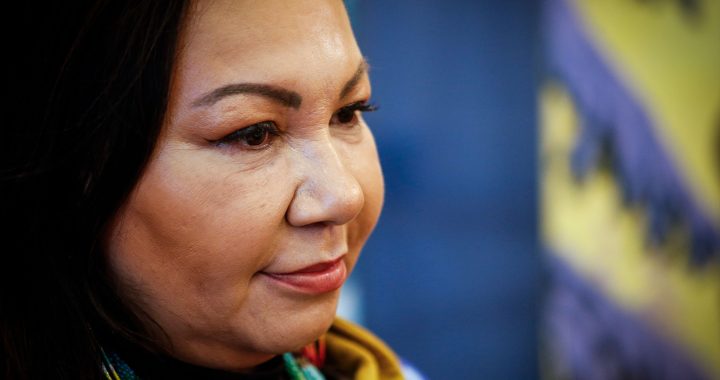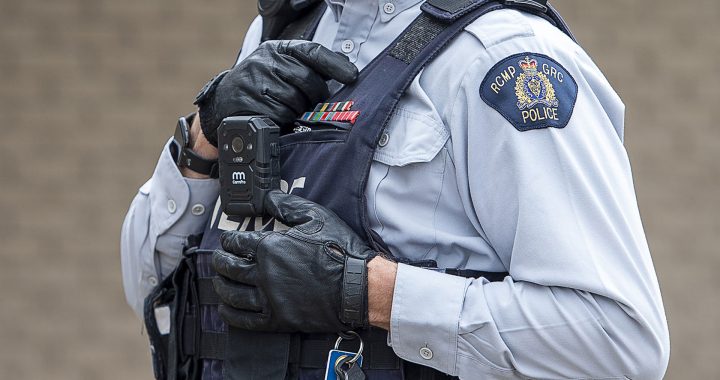A Canadian senator says she is disappointed in new legislation from the Trudeau government that eliminates mandatory minimum sentences for some offences but leaves others on the books.
“The reality is if mandatory minimum penalties made us safer, then the United States should be the safest place in the world,” Sen. Kim Pate said. “And if implementing them is soft on crime, then show us the evidence that jailing more and more Indigenous women and putting more and more of their kids in state care is going to make us safer.”
The government passed Bill C-5 last week which eliminates mandatory minimums for most drug and some firearms offences but keeps them in place for crimes such as murder, sexual offences and impaired driving.
Pate and others in the Senate had been trying to amend the bill so that judges would have the ability to override mandatory minimum sentences in “exceptional circumstances” but these amendments failed to pass.
Jonathan Rudin, program director with Aboriginal Legal Services Toronto, said the reality is mandatory minimum sentences, as a whole, don’t make the streets any safer.
“There’s no evidence that mandatory minimums make communities safer or deter crime,” Rudin said, “but they do disproportionately have an impact on Indigenous people and they do lead to even more of the mass incarceration of Indigenous people that we see.”
According to the latest report from the Office of the Correctional Investigator and another by the Auditor General of Canada, Indigenous Peoples are still grossly overrepresented in prisons across the country.
For instance, while First Nation, Métis and Inuit people make up about five per cent of the population, they make up 32 per cent of the people locked in penitentiaries from coast to coast.
Indigenous women make up 50 per cent of those locked up in Canada’s prisons.
Read More:
Senator calls on Trudeau government to repeal mandatory minimum prison sentences
Canada’s prison system has changed little for Indigenous Peoples: Report
Rudin said mandatory minimums particularly miss the mark when it comes to cases of Indigenous women who may be in situations of long-term abuse and acted in self defence.
“First and second-degree murder convictions for women who are often responding to violence, again, do we necessarily need to have a mandatory minimum? Does it have to be 10, 25 years? No. Similarly with some of the firearms offences that are still there. What happens when you are in court on a regular basis is you see all these exceptions.”
Kat Owens, the project director with the Women’s Legal Education and Action Fund, also said by keeping some mandatory minimum sentences in place women will continue to plead guilty to crimes they don’t want to.
“If you’re facing criminal charges and there’s a minimum penalty involved, it does change the calculation of risk that you do when deciding whether or not to plead guilty to a particular offence,” she said. “And it gives prosecutors a lot of power to push for guilty pleas for someone to a lesser offence that might not have a mandatory minimum.”
The previous Harper government first began legislating mandatory minimum sentences for certain crimes back in 2012.









